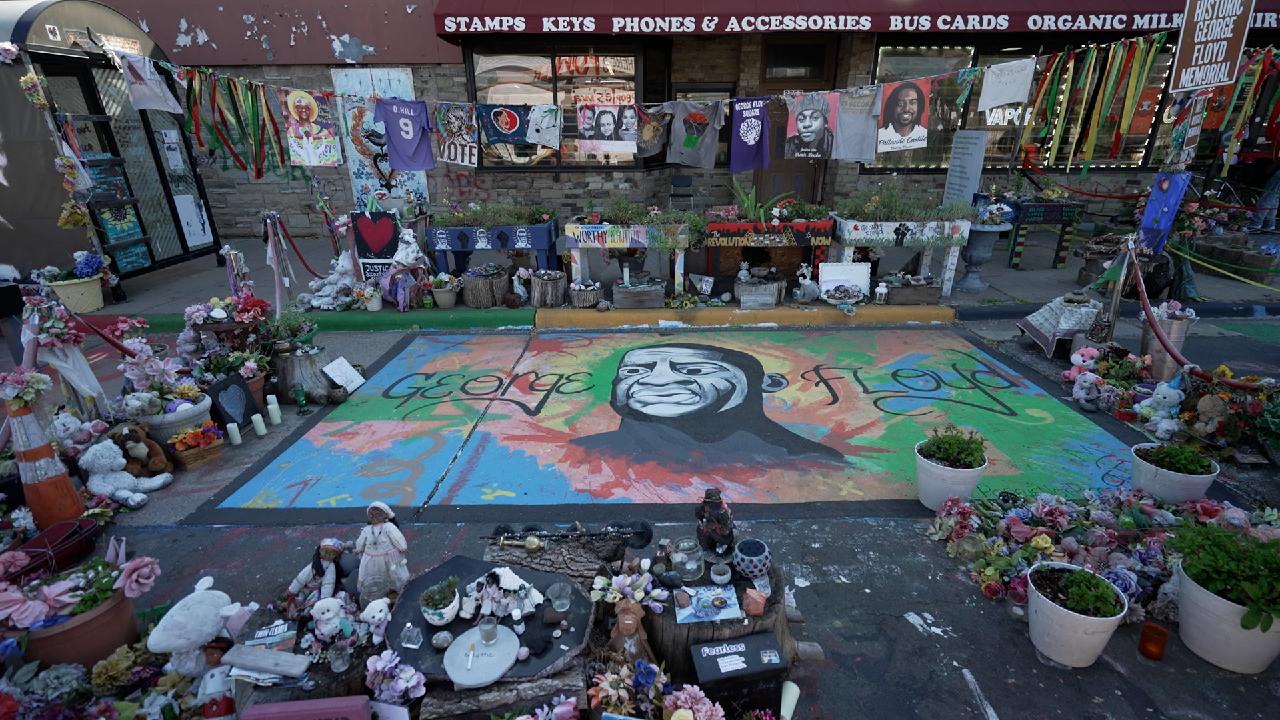Police Reform in US Faces Stalemate Five Years After George Floyd's Murder
Five years after George Floyd's murder, police reform efforts in the U.S. remain stalled.

Five years after the murder of George Floyd on May 25, 2020, the United States finds itself at a crossroads regarding police reform. Floyd, an unarmed Black man, died in Minneapolis after a police officer pressed his knee to Floyd’s neck for more than eight minutes, ignoring desperate pleas that he was unable to breathe. The harrowing footage captured by a bystander rapidly spread across social media platforms, igniting worldwide protests and sparking demands for justice and sweeping changes within law enforcement agencies.
The initial aftermath saw a powerful wave of activism. Protestors filled city streets not only across the U.S., but globally, calling attention to longstanding racial inequities and the urgent need for police accountability. In the United States, activists and lawmakers responded by promising a comprehensive reexamination of policing—city councils debated reallocating funding, oversight boards were proposed, and new policies on use of force were drafted in several municipalities. For a moment, it seemed that a historic shift was underway.
However, five years on, many of those initial reforms have stalled or been rolled back. Legislative efforts at the federal level, such as the George Floyd Justice in Policing Act, failed to pass through Congress amid deep partisan divisions. While some cities implemented incremental changes, critics argue these measures have fallen short of the sweeping transformation promised in 2020. Body cameras, bans on chokeholds, and de-escalation training have become more prevalent, but substantial changes—like the restructuring of police departments or major funding reallocations—remain highly contentious and rare.
Communities hardest hit by police violence report disappointment and frustration. Many civil rights activists point to a lack of meaningful accountability when officers are implicated in misconduct. Meanwhile, law enforcement groups and some politicians warn that reforms have contributed to a rise in crime, making it politically risky to pursue further changes. This dynamic has led to a stalemate in many states and cities, leaving advocates worried that the momentum for genuine reform is waning with each passing year.
As the nation marks the half-decade since Floyd’s death, the debate over policing in America remains unresolved. Families and communities continue to call for justice and reform, insisting that the promise made on the streets in 2020 has not yet been fulfilled. Whether the movement can regain traction and bring about significant policy changes is a question that continues to loom large over the national conversation about race, policing, and justice.




